On May 12, the National Assembly discussed in the hall a number of content with different opinions in the draft Law on Corporate Income Tax (amended). Many issues were focused on by delegates, including regulations on taxpayers, taxable and tax-exempt income, deductible expenses, tax rates, tax calculation methods, and especially tax incentives for research and development (R&D), innovation and digital transformation.
Regarding Clause 4, Article 4 on tax-free income for research and development activities, delegate Nguyen Duy Minh ( Da Nang City delegation) assessed that this is a positive step in encouraging investment activities. Income in this clause is exempt from tax for a maximum of 3 years.
"I think the maximum tax exemption period of no more than 3 years is too short compared to the investment and development cycle of technology, and is not enough to motivate businesses to invest long-term in research and development activities," said the delegate.
National Assembly deputies proposed extending the corporate income tax exemption period for R&D activities to 5 years instead of 3 years according to the draft Law on Corporate Income Tax (amended).
Explaining this point of view, the delegate said that in reality, many R&D projects, especially in the fields of renewable energy, high technology, semiconductors and artificial intelligence, need from 5 to 10 years to complete and commercialize. Therefore, the delegate proposed in the draft that income in this clause be exempt from tax for a maximum of 5 years.
Sharing the same view, delegate Pham Thi Thanh Mai (Hanoi delegation) said that encouraging investment, especially in digital transformation and science and technology, are very new fields that we will have to approach the world. This 3-year period is not enough, it is necessary to extend the tax exemption period.
"On this issue, some opinions of businesses when we assessed the affected subjects also suggested the same. We hope that the drafting and reviewing agencies will support the proposal to consider extending the tax exemption period to 5 years for areas implemented in scientific research, technology development and prioritized such as healthcare, pharmaceuticals and AI biotechnology as well as new technology," the delegate proposed.
In addition, in Clause 2, Article 12, on the principles of the subjects applying corporate income tax incentives for scientific activities, delegates said that it is necessary to supplement the application and testing. The current draft law only researches and develops new technology, high technology for production, which is not enough because application and testing is also a very important step before mass production.
Implementing the contents on application and testing is also a very important step, so the drafting agency needs to continue to strengthen this content in the draft law.
Also mentioning the tax exemption policy for funding for science, technology, innovation and digital transformation, delegate Le Thu Ha (Lao Cai delegation) said that tax incentives are based on R&D costs, a trend widely applied in many developed countries.
Currently, Vietnam's tax incentive policies are mainly based on investment sectors or locations, while the motivation to invest in knowledge - the core factor that creates competitiveness - is still very limited. Delegates fully support the addition of incentives based on R&D costs because this is a common practice and has proven effective in countries with developed innovation ecosystems.
Compared to incentives based on location or sector, incentives based on R&D costs reflect the true nature of investment, encourage technological innovation and are consistent with the requirements of transforming the growth model. However, the current draft law only stops at assigning the Government to regulate.
Considering that this approach is not strong enough, the delegates recommended that the National Assembly immediately stipulate in the law some fundamental principles such as applying the super deduction mechanism as some delegates before me just mentioned, for example, deducting 150% of research and development costs as Singapore, South Korea and Australia are implementing.
Delegates also recommended establishing transparent criteria in determining valid costs, clearly defining incentive periods and periodic assessment mechanisms to avoid abuse while still ensuring attractiveness and practical effectiveness.
Minh Thu
Source: https://doanhnghiepvn.vn/cong-nghe/nhieu-dai-bieu-quoc-hoi-de-xuat-keo-dai-thoi-gian-mien-thue-cho-hoat-dong-rd/20250513101603943


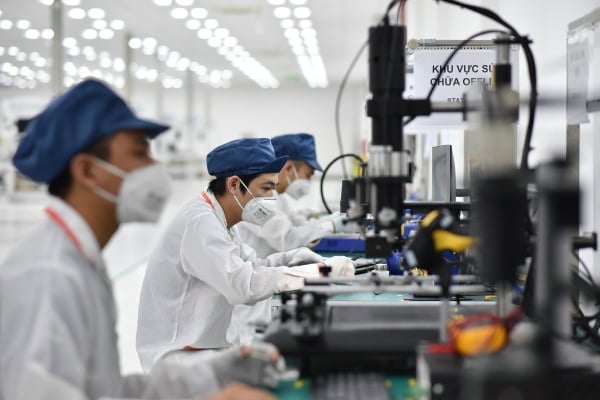


![[Photo] National Assembly Chairman Tran Thanh Man receives First Vice Chairman of the Federation Council of the Federal Assembly of the Russian Federation](/_next/image?url=https%3A%2F%2Fvphoto.vietnam.vn%2Fthumb%2F1200x675%2Fvietnam%2Fresource%2FIMAGE%2F2025%2F12%2F02%2F1764648408509_ndo_br_bnd-8452-jpg.webp&w=3840&q=75)









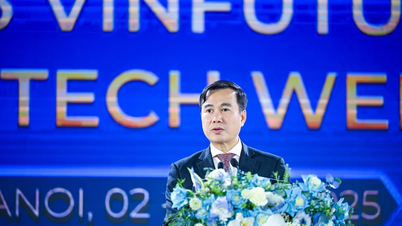













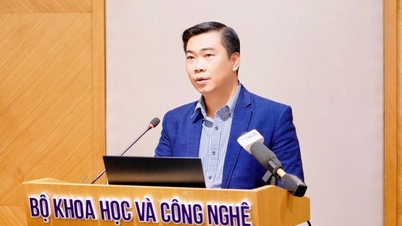
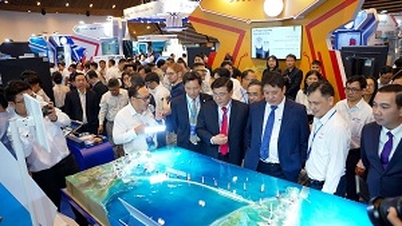
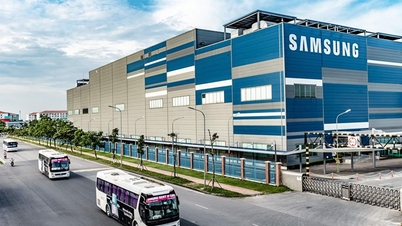
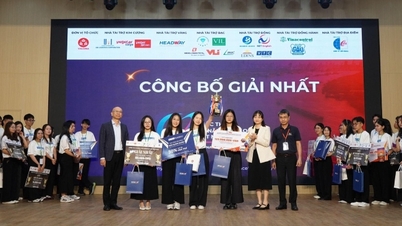


















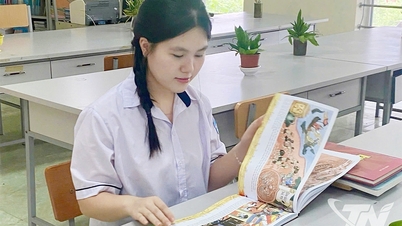


















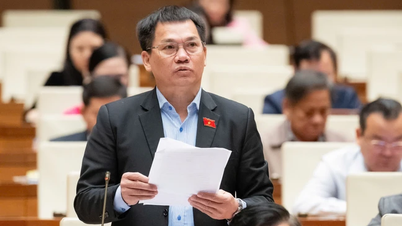




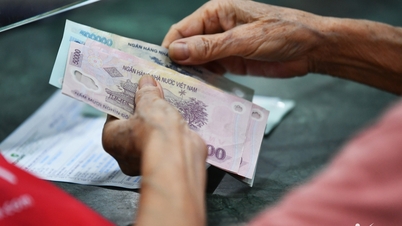
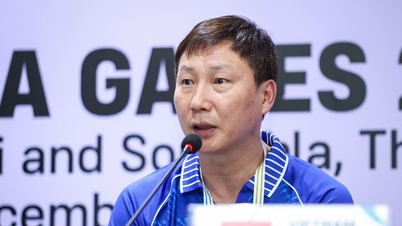
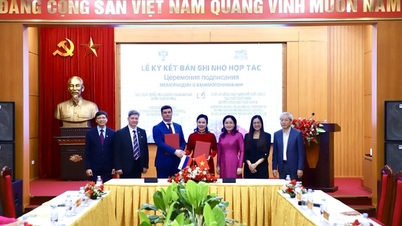

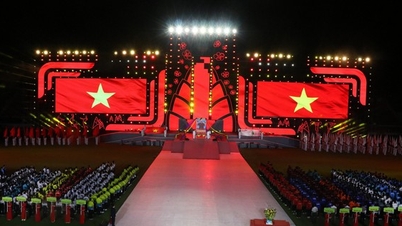


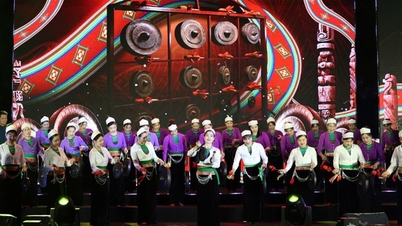



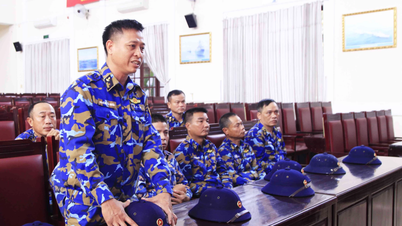



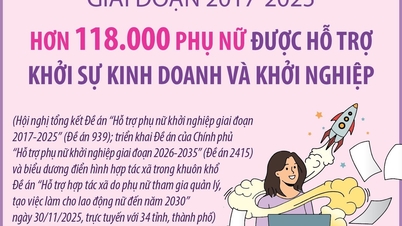


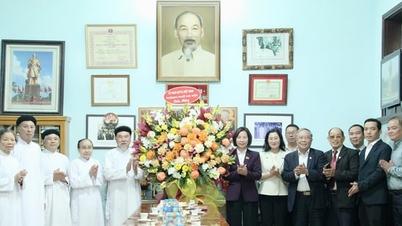












Comment (0)